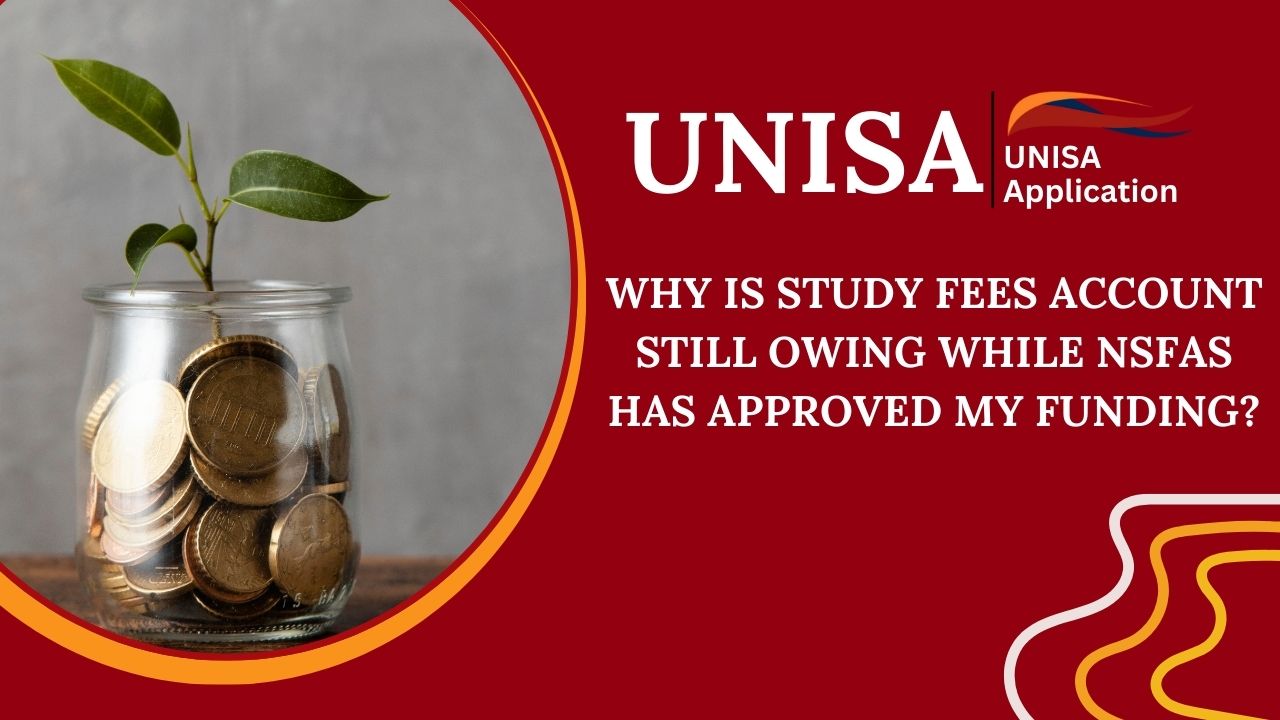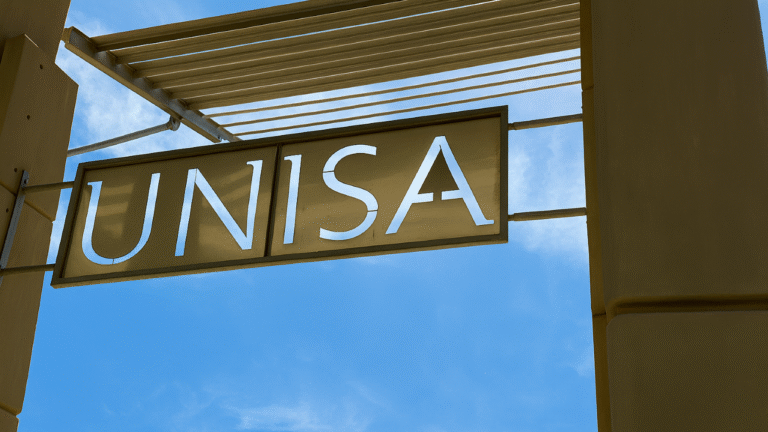Why is Study Fees Account Still Owing While NSFAS Has Approved My Funding?

Why is Study Fees Account Still Owing While NSFAS Has Approved My Funding? For many South African students, receiving approval from the National Student Financial Aid Scheme (NSFAS) is a significant relief. It means your financial burdens for higher education are eased, and you can focus on your academic journey. However, many students still find themselves confused when they notice an outstanding balance on their study fees account, even after NSFAS has given the green light for funding.
NSFAS Payment Process
One of the most important things to note is that NSFAS does not pay your fees immediately after approval. The process is staggered and handled throughout the academic year. Once your institution confirms your registration and course details, NSFAS begins processing payments.
NSFAS Settles Accounts During the Year
It’s crucial to understand that NSFAS takes responsibility to settle your study fee account later or during the year. This is standard practice and not a sign of any problem with your funding. Universities are fully aware of the NSFAS payment structure and usually accommodate the timing.
Will the Owing Balance Affect My Access to Academic Services?
The short answer is: No. Even if your study fees account shows an outstanding balance, it will not interfere with your access to important academic resources. This means you will still receive:
- Study materials
- Assignment feedback
- Access to exams and results
Universities understand that NSFAS funding covers these costs and do not block academic services due to a pending payment, as long as your NSFAS status is confirmed and active.
Conditions for NSFAS Tuition Coverage
It’s important to remember that NSFAS settlement of tuition fee accounts is conditional. There are key criteria that must be met:
- You must be registered for your first qualification
- The qualification must be one that NSFAS has agreed to fund
If these conditions are not met, NSFAS may refuse or delay payment. This could result in the study fee account remaining unpaid until the matter is resolved.
Charges Not Covered by NSFAS
Many students assume that once approved, NSFAS will cover all expenses related to their studies. Unfortunately, that’s not the case. NSFAS has specific guidelines about what it does and does not cover.
NSFAS does NOT pay for
- Supplementary exam fees
- Remarking fees
- Textbooks charged to the student account
These additional charges are the student’s responsibility and often remain on the study fee account even after NSFAS has paid the tuition portion. This can make the account appear as if it’s still owing.
What Should Students Do in This Situation?
If you’re worried about a balance on your study fees account even after NSFAS approval, here’s what you should do:
- Check your NSFAS status online via the MyNSFAS portal to ensure your funding is still active.
- Communicate with the university’s finance department to confirm which fees are covered and which are outstanding.
- Budget for excluded costs, like textbooks or re-assessment fees, as they are your personal responsibility.
Conclusion
While NSFAS approval ensures tuition coverage, delays in payment processing and exclusion of additional charges can leave your study fees account showing a balance. Stay informed, communicate with your university, and understand NSFAS coverage for a smoother experience.






